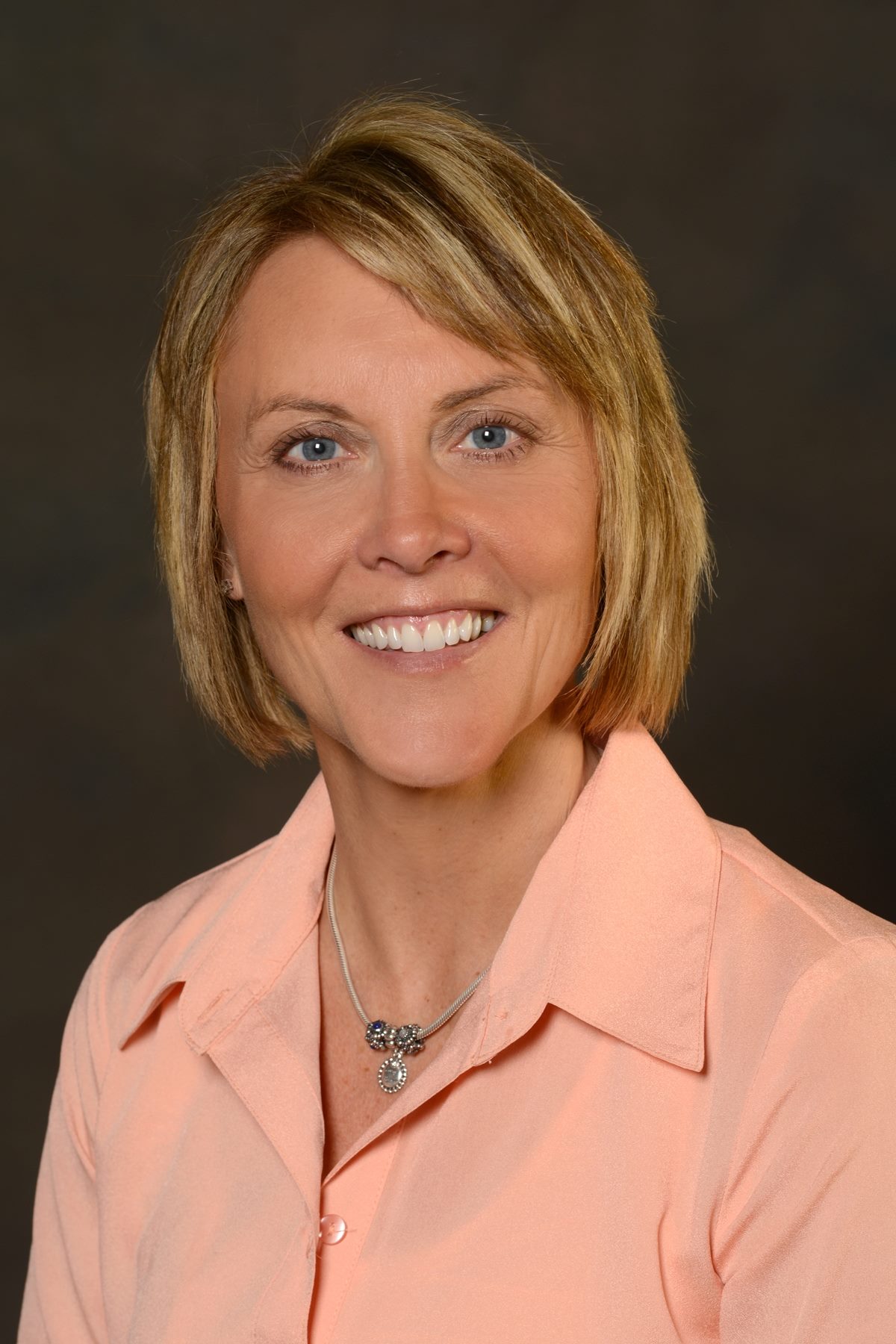Editor's note: This article belongs to our Impact Stories series in which scholars, activists, artists, policymakers, and everyday people share their experiences putting OBI's research and principles into action in their communities.
--
When I first heard john powell speak a couple of years ago about belonging, I knew we needed to bring him to Rockford, our town of about 150,000 people, located about 90 miles west of Chicago. Here, I serve as the executive director at the Northern Illinois Center for Nonprofit Excellence, which is a capacity building organization that provides training for nonprofits and provides facilitation skills for community initiatives.
Rockford is a diverse town, about half white, a quarter Black, and 20 percent Latino. But like much of the rest of the country, it's incredibly segregated. We've heard from our community members about the inequity in access to jobs, affordable housing, and health care. Our students are also underperforming, with about two-thirds of our third graders not reading at grade level.
So the time was ripe for a community-led intervention to address these problems. We got to work creating a belonging task force composed of many community members in Rockford which continues to grow. For the next year the task force met regularly with john to talk about how we might build a culture of belonging in Rockford. He even met separately with school leaders and youth-serving organizations about how belonging plays a role in academic performance and school safety.
One of the approaches that most resonated with the task force was that of targeted universalism, which raises the bar for everyone and ensures that no one's well-being or success comes at the expense of someone else's.
Based on these conversations, the task force focused on four areas: relationship building, community life, co-creating systems and structures, and opening doors, which is about speaking up for equity and advocating for reform.
We partnered with four employers in Rockford to begin putting some of these ideas, especially around co-creation, into practice. At a recent gathering we hosted, representatives from those employers (Habitat for Humanity, the Convention and Visitors Bureau, the Park District, and Collins Aerospace) took turns sharing their journeys toward becoming model employers. They talked about what they did right, the mistakes they made, and what they've learned.
All of this took place before an audience of a couple hundred people from other companies. It was an opportunity to introduce that work to other employers who came from all these different industries to learn from them. I was happy to have our mayor moderate the event and talk about the efforts of the city itself to create belonging.
We've only scratched the surface, but we're really excited because we've created a tremendous amount of momentum. We have a long way to go, but we're headed in the right direction.
Pamela Clark Reidenbach is the Executive Director at the Northern Illinois Center for Nonprofit Excellence.

